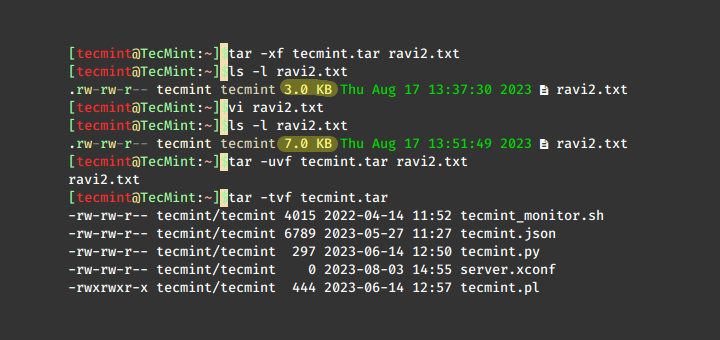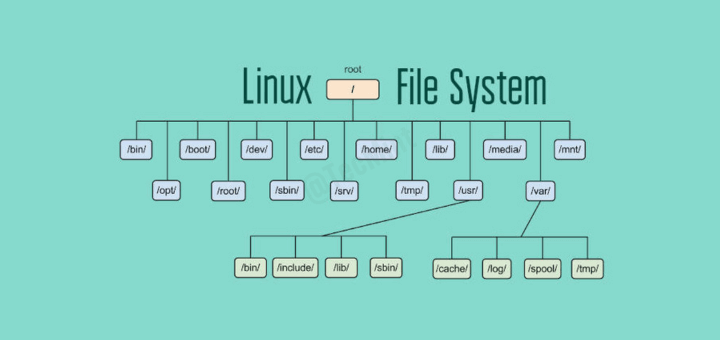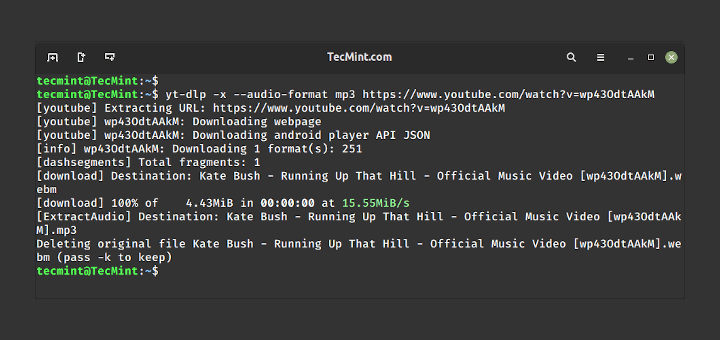Linux is one of the most popular open source operating system and comes with huge set of commands. The most important and single way of determining the total available space of the physical memory and swap memory is by using “free” command.
The Linux “free” command gives information about total used and available space of physical memory and swap memory with buffers used by kernel in Linux/Unix like operating systems.

This article provides some useful examples of “free” commands with options, that might be useful for you to better utilize memory that you have.
1. Display System Memory
Free command used to check the used and available space of physical memory and swap memory in KB. See the command in action below.
# free
total used free shared buffers cached
Mem: 1021628 912548 109080 0 120368 655548
-/+ buffers/cache: 136632 884996
Swap: 4194296 0 4194296
2. Display Memory in Bytes
Free command with option -b, display the size of memory in Bytes.
# free -b
total used free shared buffers cached
Mem: 1046147072 934420480 111726592 0 123256832 671281152
-/+ buffers/cache: 139882496 906264576
Swap: 4294959104 0 4294959104
3. Display Memory in Kilo Bytes
Free command with option -k, display the size of memory in (KB) Kilobytes.
# free -k
total used free shared buffers cached
Mem: 1021628 912520 109108 0 120368 655548
-/+ buffers/cache: 136604 885024
Swap: 4194296 0 4194296
4. Display Memory in Megabytes
To see the size of the memory in (MB) Megabytes use option as -m.
# free -m
total used free shared buffers cached
Mem: 997 891 106 0 117 640
-/+ buffers/cache: 133 864
Swap: 4095 0 4095
5. Display Memory in Gigabytes
Using -g option with free command, would display the size of the memory in GB(Gigabytes).
# free -g
total used free shared buffers cached
Mem: 0 0 0 0 0 0
-/+ buffers/cache: 0 0
Swap: 3 0 3
6. Display Total Line
Free command with -t option, will list the total line at the end.
# free -t
total used free shared buffers cached
Mem: 1021628 912520 109108 0 120368 655548
-/+ buffers/cache: 136604 885024
Swap: 4194296 0 4194296
Total: 5215924 912520 4303404
7. Disable Display of Buffer Adjusted Line
By default the free command display “buffer adjusted” line, to disable this line use option as -o.
# free -o
total used free shared buffers cached
Mem: 1021628 912520 109108 0 120368 655548
Swap: 4194296 0 4194296
8. Display Memory Status for Regular Intervals
The -s option with number, used to update free command at regular intervals. For example, the below command will update free command every 5 seconds.
# free -s 5
total used free shared buffers cached
Mem: 1021628 912368 109260 0 120368 655548
-/+ buffers/cache: 136452 885176
Swap: 4194296 0 4194296
9. Show Low and High Memory Statistics
The -l switch displays detailed high and low memory size statistics.
# free -l
total used free shared buffers cached
Mem: 1021628 912368 109260 0 120368 655548
Low: 890036 789064 100972
High: 131592 123304 8288
-/+ buffers/cache: 136452 885176
Swap: 4194296 0 4194296
10. Check Free Version
The -V option, display free command version information.
# free -V procps version 3.2.8







How to find out RAM Memory details on an embedded system?
I know from /proc/meminfo vstat, free etc, but none of the commands give you exact RAM i have.
Example, I have checked on a system where i know the RAM size of 256 Mb, but none of the above command displays 256Mb.
is that correct or am i missing something?
Good beginner info on how to read the memory usage in Linux.
#8 says “Dispaly.” It should say “Display.”